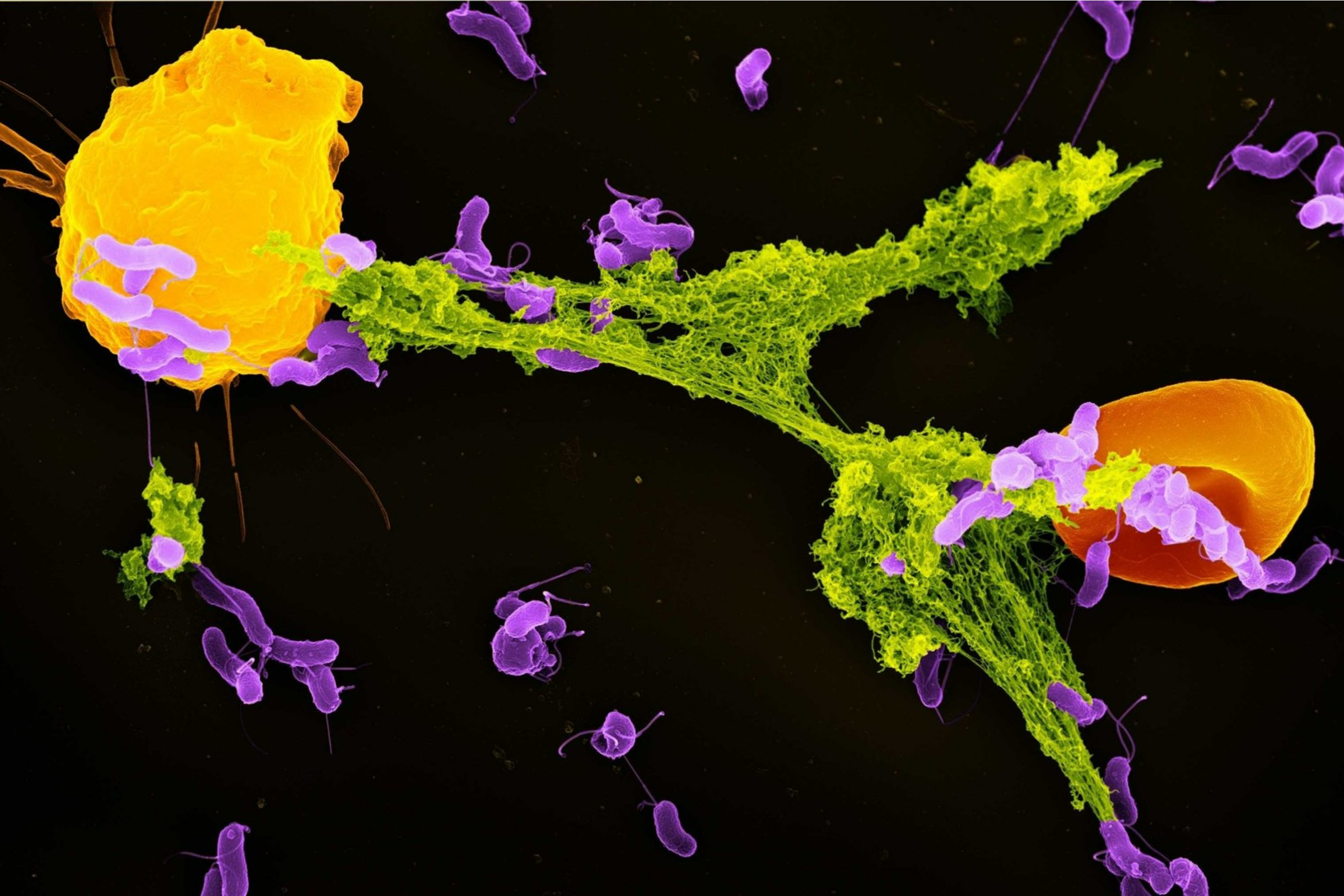Recent research from Neutrolis highlights a DNA-chopping enzyme that may offer a novel approach for treating autoimmune diseases. Early data suggests that this enzyme can effectively break down neutrophil extracellular traps (NETs), which are formed by the immune system’s neutrophils to capture and eliminate bacterial invaders.
Neutrophils, a type of white blood cell, play a critical role in the immune response. They release strands of DNA to create a network that ensnares pathogens, functioning like a spider’s web. While this mechanism is essential for defending against infections, the presence of excessive NETs can contribute to autoimmune disorders, where the immune system mistakenly attacks the body’s own tissues.
The promising findings from Neutrolis indicate that targeting these NETs could shift the treatment landscape for autoimmune diseases. According to preliminary data, the DNA-chopping enzyme not only dismantles the NETs but also reduces inflammation associated with autoimmune reactions. This dual action suggests that the enzyme could serve as a potential treatment option for conditions such as rheumatoid arthritis and lupus.
Understanding the Mechanism
The research team at Neutrolis has been investigating the biological mechanisms behind NET formation and its implications for autoimmune conditions. Neutrophils release NETs in response to infection, but when these traps persist, they can trigger an inflammatory response that leads to tissue damage. The enzyme developed by Neutrolis breaks down the DNA within these NETs, thereby potentially mitigating their harmful effects.
While the study is still in its early stages, initial clinical trials have shown encouraging results. Participants receiving treatment involving the enzyme exhibited a marked decrease in NET levels, correlating with improvements in symptoms associated with their autoimmune disorders. The research team plans to expand these trials to gather more comprehensive data on the enzyme’s efficacy and safety.
Future Implications for Healthcare
If further studies confirm the enzyme’s effectiveness, it could revolutionize the way autoimmune diseases are treated. Current therapies often focus on suppressing the immune system, which can leave patients vulnerable to infections. In contrast, targeting NETs may provide a more balanced approach, allowing the immune system to function properly while reducing the risk of autoimmunity.
The healthcare community is closely monitoring this breakthrough. As more data becomes available, Neutrolis aims to collaborate with healthcare providers to explore the enzyme’s potential as a standard treatment option. The goal is to develop a targeted therapeutic that not only alleviates symptoms but also addresses the underlying causes of autoimmune diseases.
In summary, the research from Neutrolis marks a significant step forward in understanding and potentially treating autoimmune diseases. The application of a DNA-chopping enzyme to break down NETs presents an innovative strategy that could change patient outcomes and improve quality of life. As clinical trials progress, the medical community remains hopeful for a new era in autoimmune disease management.







